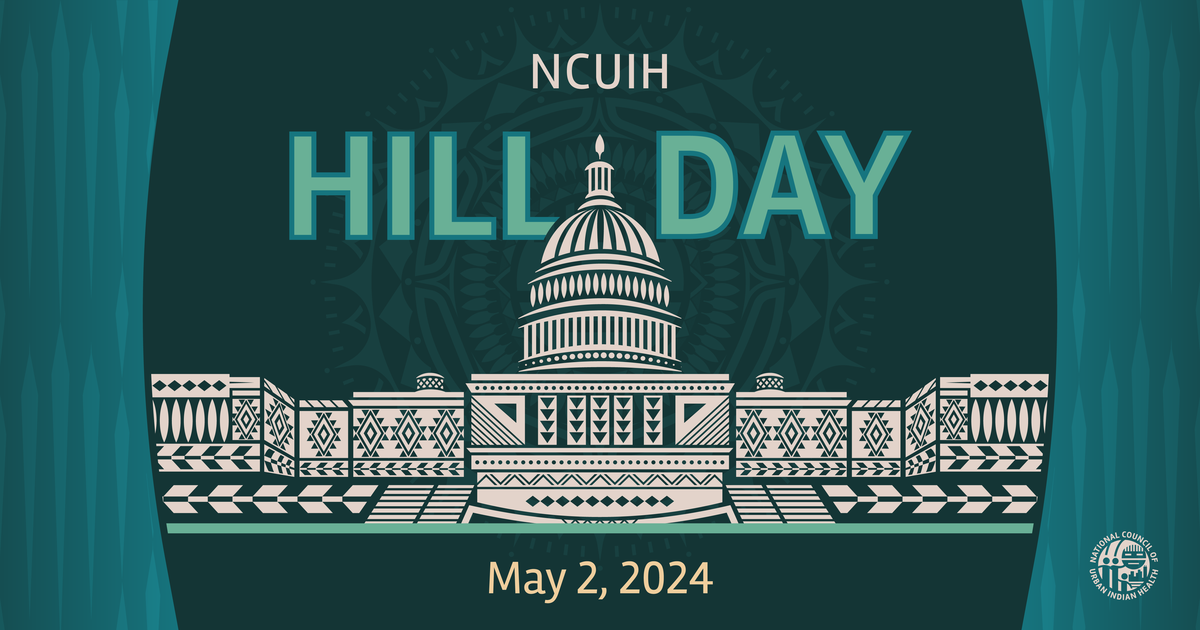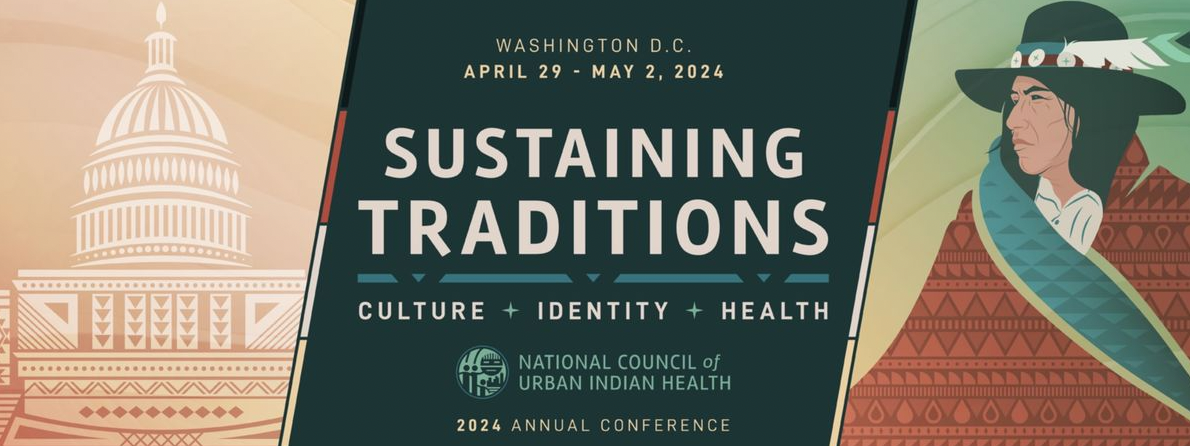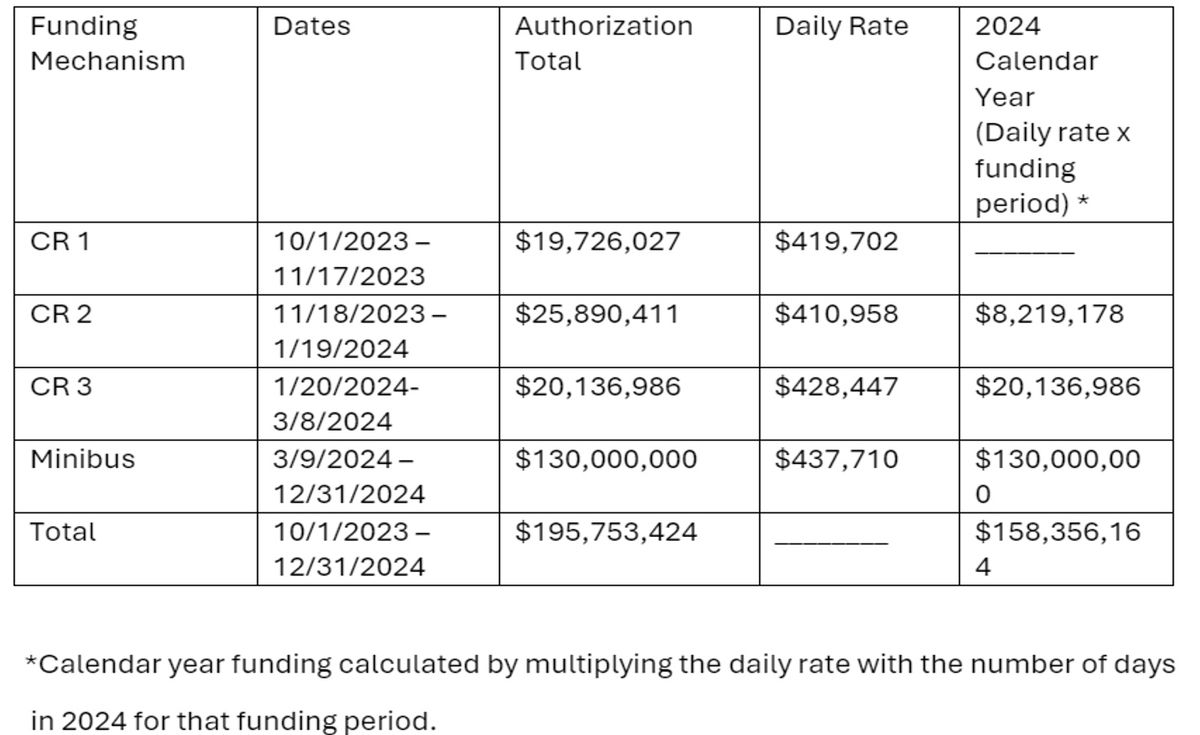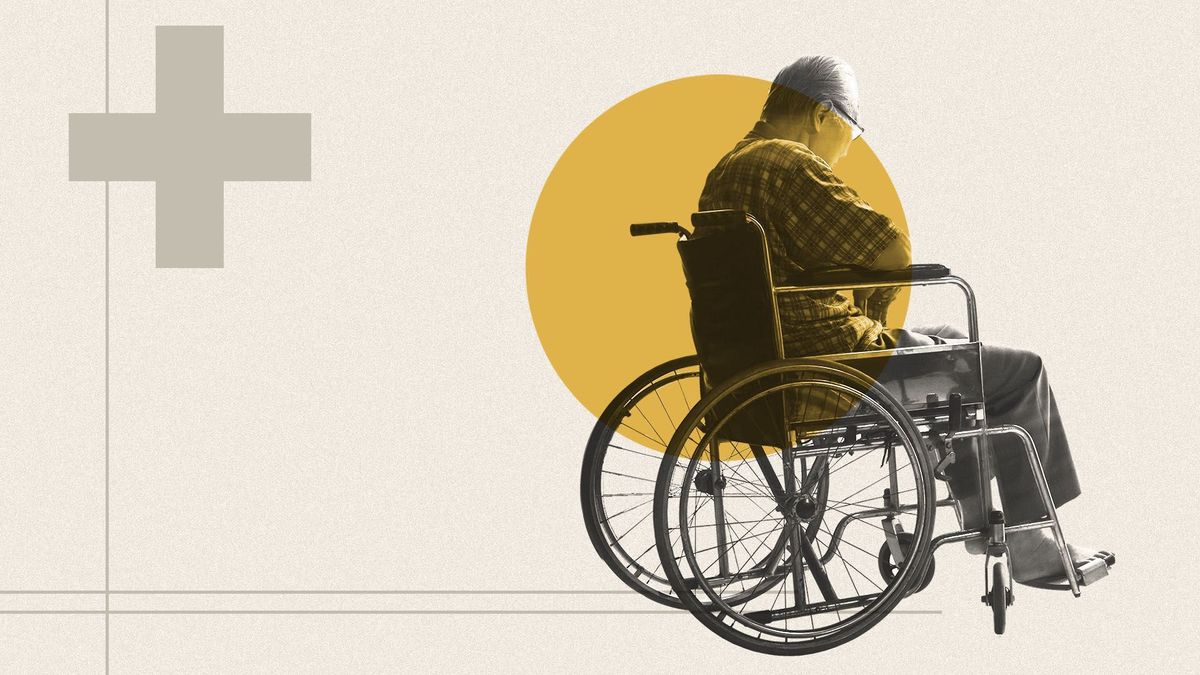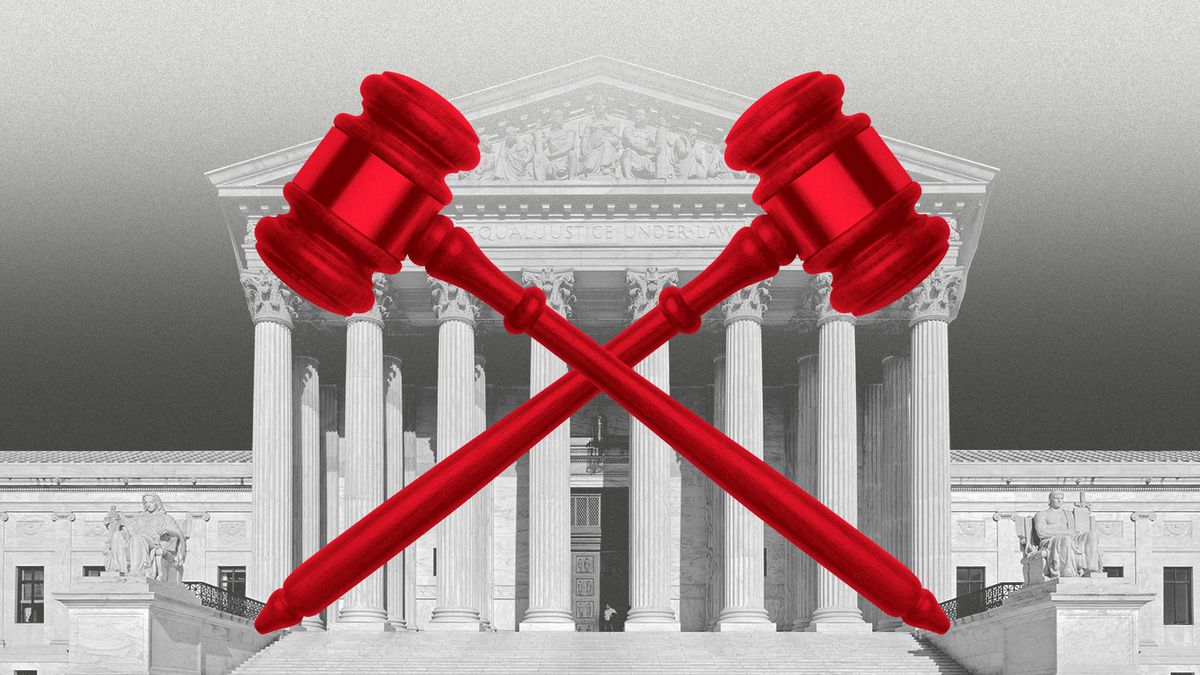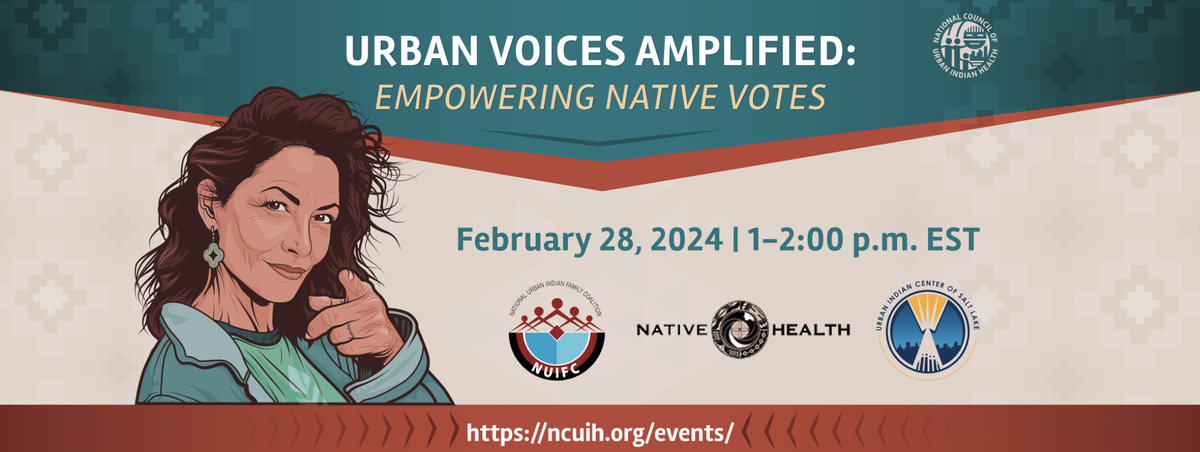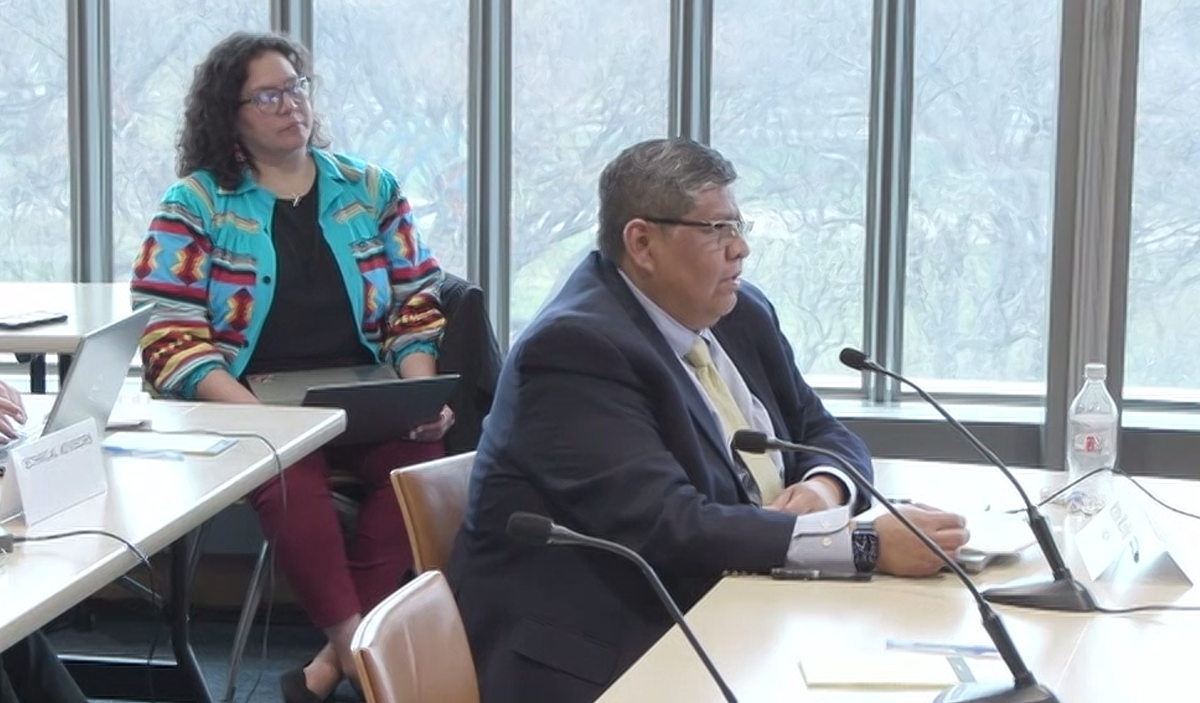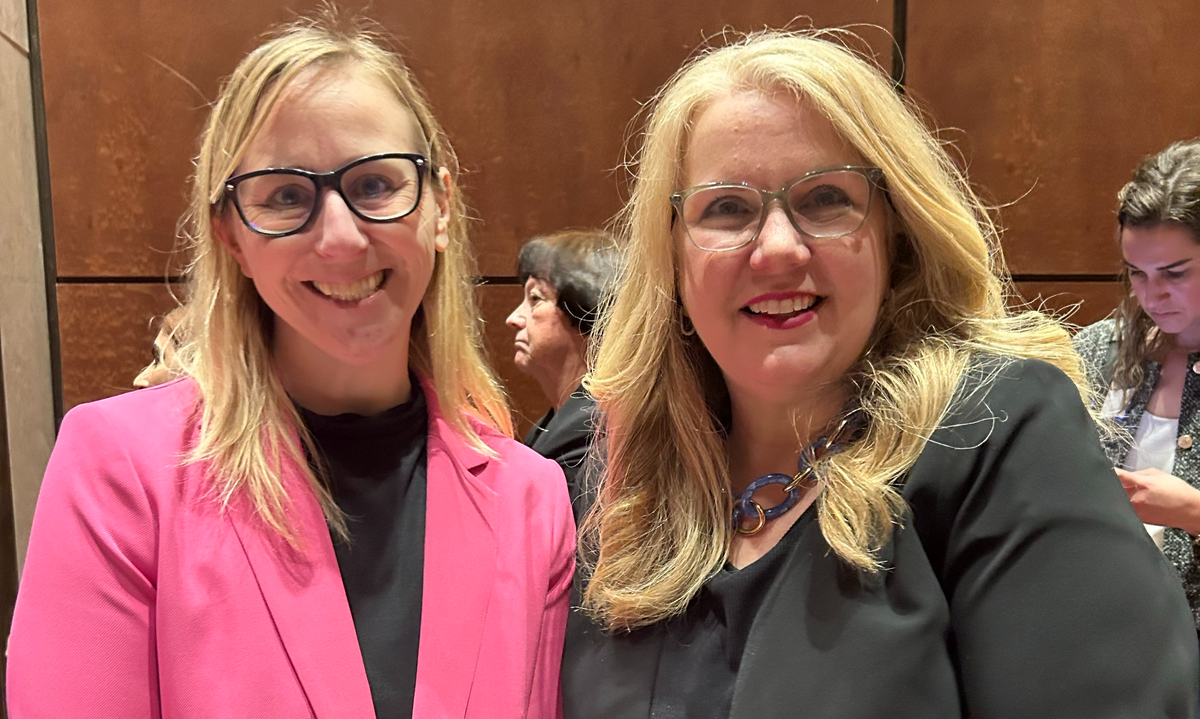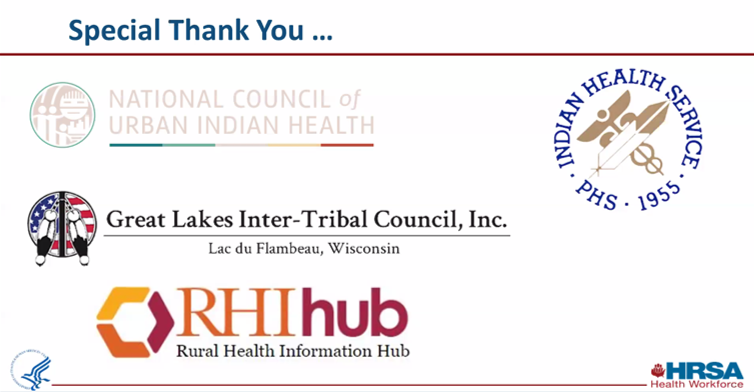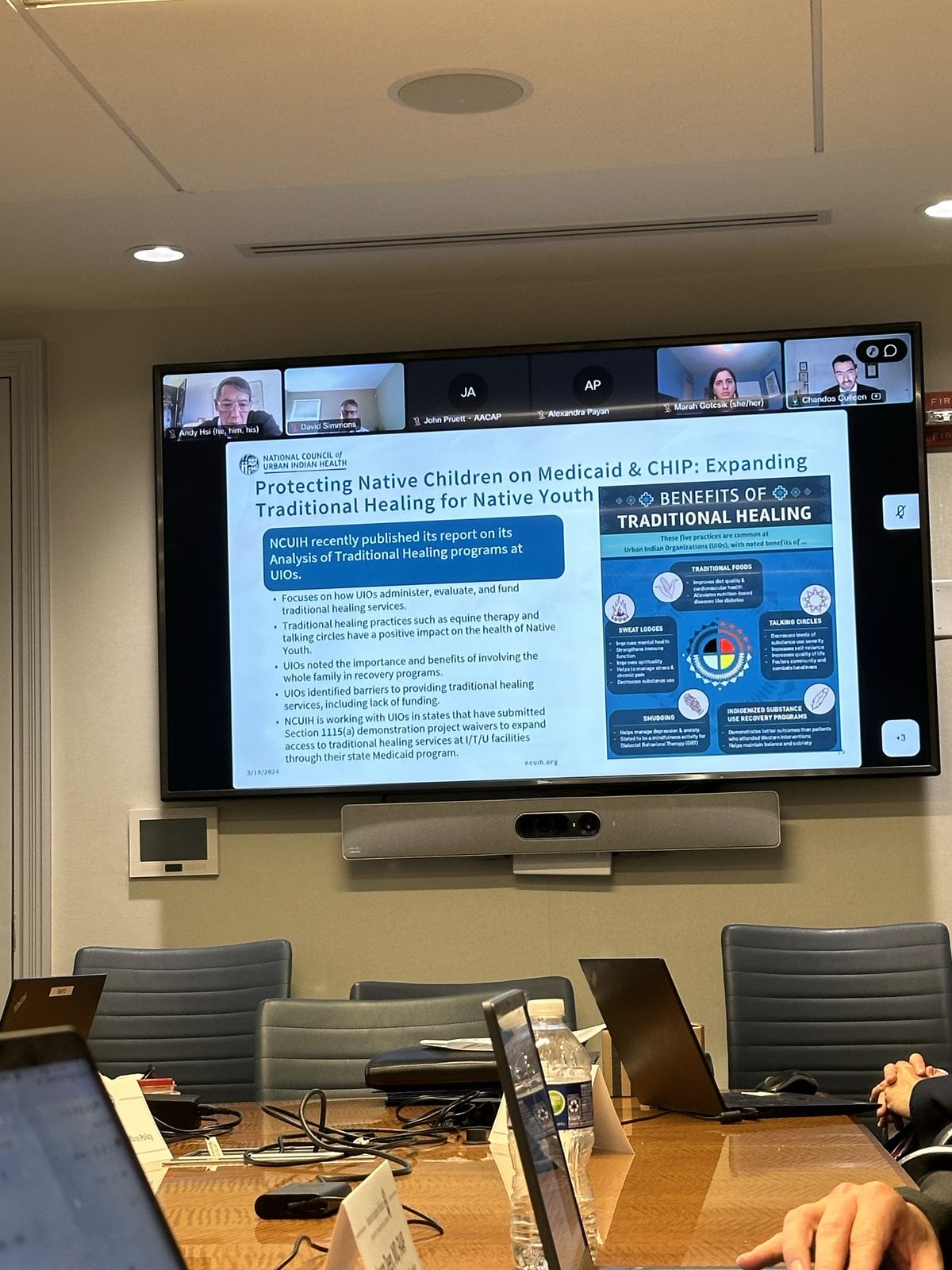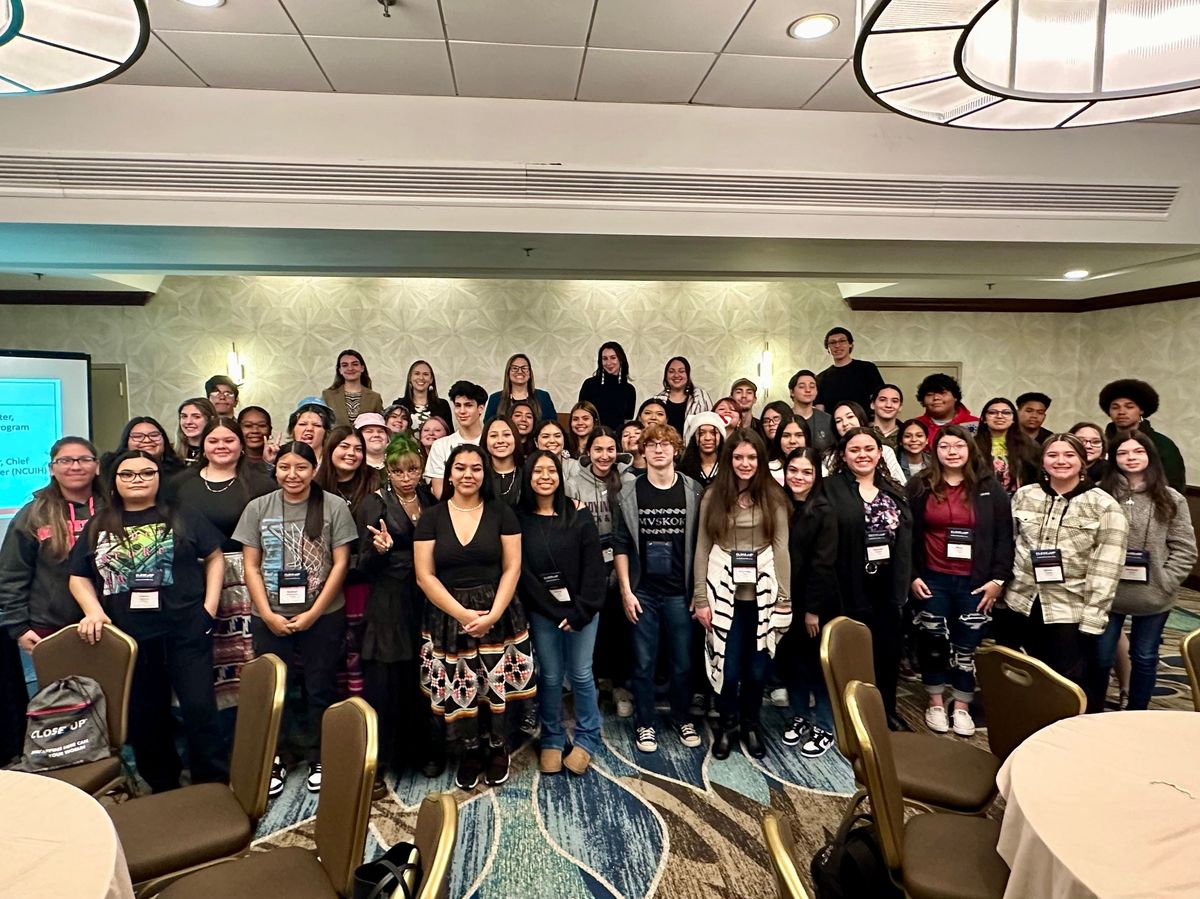NCUIH Urges Congress to Protect the Indian Health Service from Automatic Budget Cuts in FY 2024
On January 29, 2024, the National Council of Urban Indian Health (NCUIH) sent a letter to Congressional Leadership to request that Congress protect the Indian Health Service (IHS) from sequestration in the fiscal year (FY) 2024 funding bill. Sequestration of funding for IHS would jeopardize the capacity of Urban Indian Organizations (UIOs) to provide culturally appropriate essential services and impact access to care. Any reduction in funding for IHS and UIOs does not uphold the federal trust responsibility to provide health care services to American Indian and Alaska Native people.
Background
On June 3, 2023, the Fiscal Responsibility Act (FRA) passed with the purpose to suspend the debt limit and reinstitute discretionary spending limits in FY 2024 and FY 2025 for both defense and nondefense discretionary spending. To ensure Congress passes appropriations in a timely manner, the FRA includes a provision mandating sequestration if Congress does not meet certain deadlines. Sequestration refers to automatic spending cuts that occur through the withdrawal of funding for certain government programs.
On January 4, 2024, the Congressional Budget Office sent a letter to the House Budget Committee outlining that a Congressional approval of a full-year appropriations deal could result in a potential 9 percent sequestration, if the full-year funding is set at the amounts in the current continuing resolution. If the sequestering of funds occurred, it would significantly impact already underfunded UIOs. Current funding levels pose challenges for UIOs in offering competitive salaries to attract and retain qualified staff who are essential for delivering quality care to their communities. Additionally, UIOs need resources to expand their services and programs, including addressing pressing issues such as food insecurity, behavioral health challenges, and rising facilities costs.
Next Steps
NCUIH will continue to advocate to Congress to protect funding for IHS and UIOs in any FY24 spending bills. Congress must ensure that UIOs have the necessary resources to guarantee that American Indians and Alaska Natives receive the comprehensive and culturally competent healthcare services they deserve.
Full Text of the Letter
RE: Protect the Indian Health Service from Sequestration in the 2024 Funding Bill
Dear Speaker Johnson, Minority Leader Jefferies, Majority Leader Schumer, and Minority Leader McConnell:
On behalf of the National Council of Urban Indian Health (NCUIH) and the 41 urban Indian organizations (UIOs) that we represent, we write to respectfully request that the final Fiscal Year (FY) 2024 funding bill include a sequestration exemption for the Indian Health Service (IHS). Per the January 4, 2024 letter from the Congressional Budget Office to the House Budget Committee, approval of a full-year appropriations deal by Congress could result in an estimated 9 percent sequestration, if full-year funding is set at the amounts in the current continuing resolution. Such a reduction in funding would severely impact Indian Health Care Providers, including UIOs, who are on the front lines in working to provide for the health and well-being of American Indians and Alaska Natives in urban areas, many of whom lack access to the health care services that it is the United States trust responsibility to provide.
Sequestration forces Indian health-providers to make difficult decisions about the scope of healthcare services they can offer to Native patients. For example, the sequestration of $220 million in IHS’ budget authority for FY 2013 resulted in an estimated reduction of 3,000 inpatient admissions and 804,000 outpatient visits for AI/AN patients. UIOs provide essential healthcare services to their patients, including primary care, urgent care, and behavioral health services, and are on the front lines in working to provide for the health and well-being of American Indian and Alaska Natives living in urban areas, many of whom lack access to the health care services that it is the federal government’s trust responsibility to provide. Sequestering funds would reduce UIOs’ ability to provide these essential services to their patients and communities, delaying care and reducing UIO capacity to take on additional patients. Therefore, we request that you exempt IHS from sequestration in an amendment to Sec. 255 of the Balanced Budget and Emergency Deficit Control Act.
Indian Country is united in its stance that the Indian healthcare system cannot support any reduction in funding. On September 22, 2023, NCUIH joined the National Congress of American Indians (NCAI), National Indian Health Board (NIHB), and five other national Native organizations in a joint press statement opposing any reductions in funding for vital Indian Country programs and reminding Congress that Native lives should never be used as political pawns.
Protecting IHS from sequestration is essential to upholding the federal trust responsibility to American Indian and Alaska Native people, and therefore we urge you to exempt IHS from sequestration in the final funding bill for FY24. As Chair Mike Simpson (R-ID-2) stated at a recent Full Appropriations Committee markup, “We have a moral and a trust responsibility to the Indians of this country, and we need to make sure that we are trying to address that. We still have a long way to go, but we are moving in the right direction.”
For additional information, please contact Meredith Raimondi, Vice President of Public Policy and Communications at the National Council of Urban Indian Health at mraimondi@ncuih.org. Thank you for your time and consideration.
Sincerely,
Francys Crevier, J.D.
Chief Executive Officer



